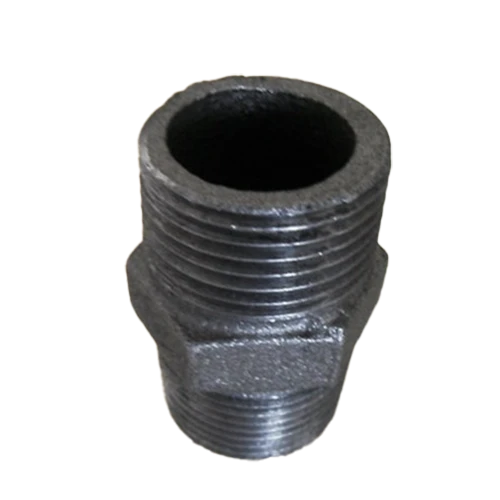Mobile:+86-311-808-126-83
Email:info@ydcastings.com
French
dispersion impeller
Understanding the Dispersion Impeller A Key Component in Fluid Mixing
In various industrial applications, the need for effective mixing and dispersion of materials is crucial. One of the most significant advancements in this field is the development of dispersion impellers. These specialized impellers are designed to enhance the blending and homogenization of fluids, particularly in processes where particles need to be evenly distributed within a liquid medium. This article delves into the function, design, and benefits of dispersion impellers.
What is a Dispersion Impeller?
A dispersion impeller is an essential component used in mixing equipment to achieve desirable fluid dynamics. It is specifically designed to break down agglomerates and promote the uniform distribution of particles, droplets, or bubbles throughout the mixture. Dispersion impellers are commonly found in industries such as pharmaceuticals, food and beverage, cosmetics, and chemical manufacturing, where quality and consistency are paramount.
Design Features
The design of a dispersion impeller is characterized by its unique blade configuration, which is engineered to create high shear forces and turbulence within the fluid. Unlike traditional impellers that may simply circulate the fluid, dispersion impellers often feature a series of blades that are angled or shaped to facilitate intensive mixing. Common designs include
- Dispersing blades These blades often have a serrated or notched appearance, allowing them to cut through fluid layers and induce shear. - High-speed rotation Many dispersion impellers operate at higher rotational speeds to enhance the dispersive effects, ensuring thorough mixing of all components. - Specialized geometries Some impellers are designed with multiple stages or adjustable blade angles to optimize performance depending on the specific application.
Benefits of Using Dispersion Impellers
dispersion impeller

1. Enhanced Mixing Efficiency Dispersion impellers significantly improve the efficiency of the mixing process. The high shear environment they create helps to break down clumps and achieve uniformity quicker than traditional mixing methods.
2. Versatility These impellers can handle a wide variety of materials, from low-viscosity liquids to highly viscous pastes. This versatility makes them an invaluable tool across multiple industries.
3. Improved Product Quality By ensuring an even distribution of components, dispersion impellers contribute to the overall quality of the final product. This is particularly important in sectors like pharmaceuticals, where precise formulations are necessary.
4. Reduced Processing Times The efficiency of dispersion impellers can lead to shorter mixing times, which can result in reduced energy consumption and lower operational costs.
5. Customization Many manufacturers offer customizable impeller designs tailored to specific processes. This ability to modify the impeller’s geometry ensures optimal performance in various applications.
Conclusion
In conclusion, dispersion impellers play a vital role in modern mixing processes across numerous industries. Their unique design and functionality facilitate superior blending and dispersion, leading to enhanced product quality and processing efficiency. As industries continue to evolve and demand higher standards, the importance of reliable and effective mixing solutions—such as dispersion impellers—will only grow. Understanding and leveraging these technologies is essential for any organization aiming to maintain a competitive edge in the market.











